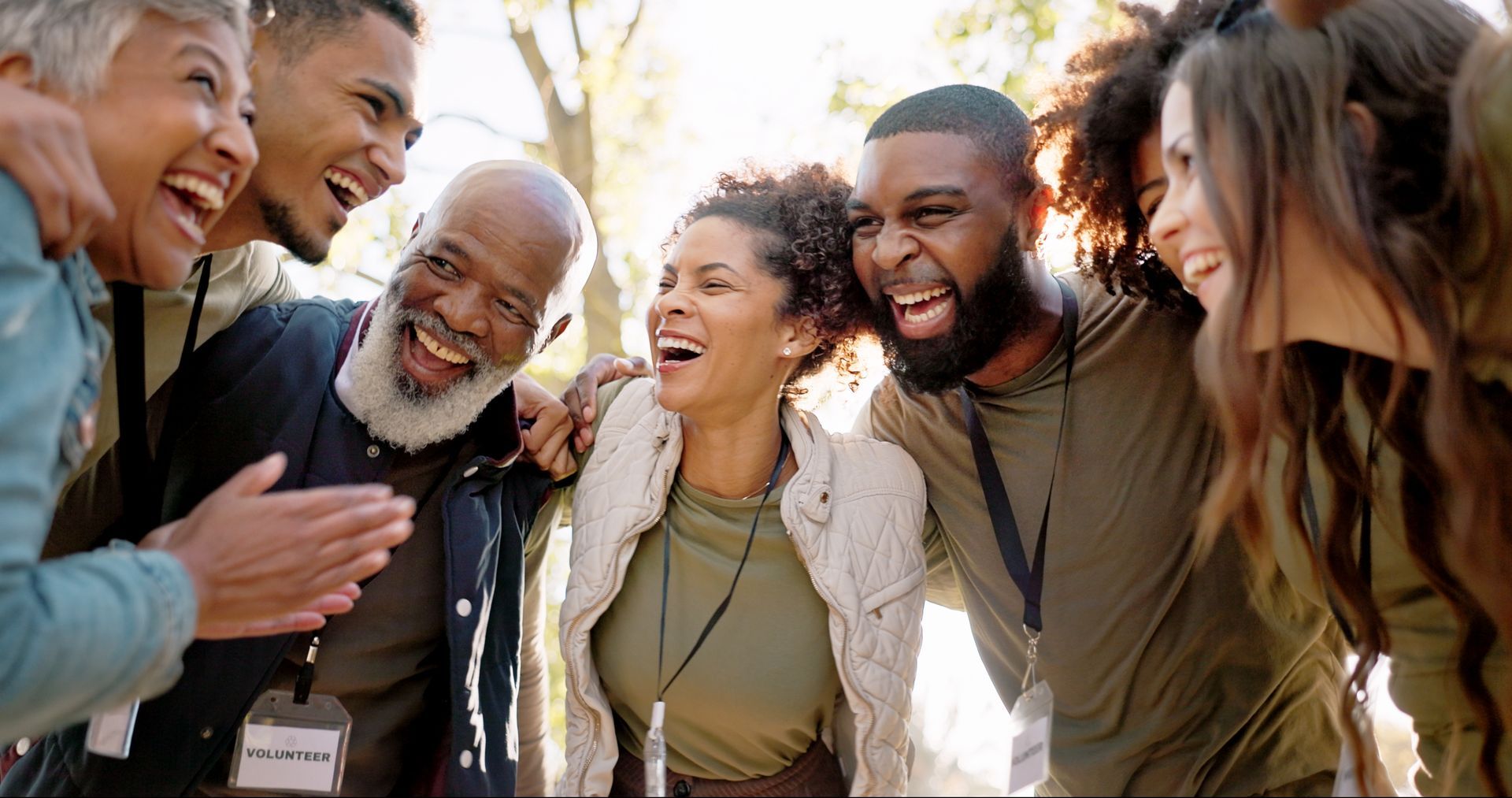How to promote well-being among high school students
An evaluation of a specially designed curriculum aimed at equipping students for lifelong personal development and well-being.
The Science of Happiness
Last week, on another website (www.psych-news.com), we reported on recent research that investigated whether an online psychology course on the science of happiness impacted the mental health of course participants.
See “Study the science of happiness to beat lockdown blues” on Psych News.
Researchers looked at a course called the Science of Happiness, which is offered online to students at the University of Bristol. They compared 166 students who took the course during the COVID-19 pandemic to a control group of students who did not take the course.
The 166 research participants in maintained their mental health and wellbeing during the semester compared to the control group. The control group, just like many others who have felt the effects of lockdown, showed a significant decline in wellbeing and an increase in anxiety during the same period.
Sarah Purdy, a professor at the university where the research was conducted, considered the course to be “something that is engaging, educational and genuinely effective for improving mental health—and it has become an important piece in our supporting package for our students.”
After writing the article last week, I put my researcher hat on and read as much as I could on the science of well-being and happiness. This week I report on a study I uncovered that looked at how high school students benefited from participation in a well-being and happiness curriculum.
Well-being Among High School Students
Throughout the world, educators are growing more and more concerned about the social-emotional health of high school students. Behavioral issues abound, depression and anxiety are rampant, and equipping students for lifelong personal development and wellbeing has become a significant topic of discussion in faculty meetings.
A group of educators and scientists developed a one-semester educational curricula that teaches students to perform acts of kindness, build positive relationships, maintain physical health, understand and capitalize on strengths, discover meaning and engagement, and develop positive habits of mind. The curriculum, which consists of 18 lessons, emphasizes active learning, group activities, role-play, journal writing, and self-assessment exercises.
Nine classrooms of students at an urban high school in Beijing, China were randomly assigned to the intervention curriculum, and nine classrooms were assigned to a traditional psychology curriculum. The aim of their study was to test the effect of the curriculum on measures of affect, depression, life satisfaction, and well-being. A total of 515 students participated in the study.
The intervention group demonstrated a marked improvement in positive attitude and in six of the seven subscales of the measurement of happiness and life satisfaction instrument used in the study.
It is worth mentioning that participants showed a significant improvement in the hope subscale. The researchers said it was “an exciting outcome” that the “intervention curriculum increased the sense of control felt by students about their future happiness. We note the importance of hope as a predictor of well-being and improved grades, as well as reduced risk of suicide, substance abuse, and behavioral problems among adolescents.”
“We are particularly encouraged that intervention subjects significantly agreed that humans can make themselves happier and that they (the subjects) could make themselves happier” the researchers said.
It is notable that the curriculum did not require the presence of mental health professionals. Classes were taught by schoolteachers who completed a 3-day workshop, making it a useful option for schools seeking to provide education in positive psychology and improve well-being in their students.
References:
Desan, P. H., Setton, M. K., Holzer, A. A., Young, K. C., Sun, Y., He, F., Li, B., Weinstein, A. J., & Yu, X. (2021). Attitude change after a curriculum on the science and philosophy of well-being and happiness for high school students: A classroom-randomized trial. British Journal of Educational Psychology, 91, 1333-1348.
Hobbs, C., Jelbert, S., Santos, L. R., & Hood, B. (2022). Evaluation of a credit-bearing online administered happiness course on undergraduates’ mental well-being during the COVID-19 pandemic. PLoS ONE, 17(2). DOI: https://doi.org/10.1371/journal.pone.0263514










